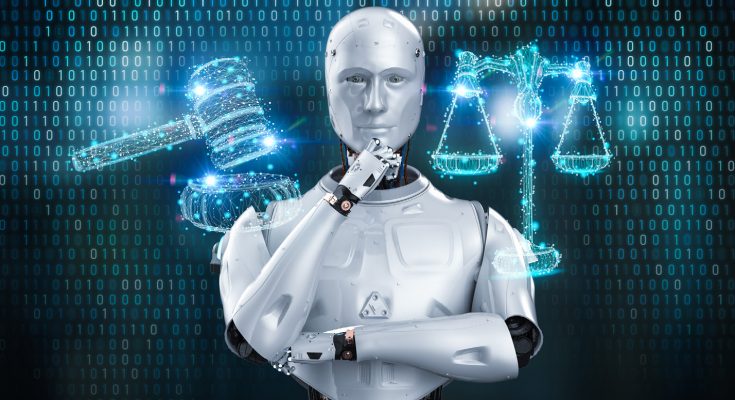Stanford Professor John McCarthy first introduced the term “artificial intelligence” (AI) in 1955, which he defined as “the science and engineering of making intelligent machines.” Since then, the use of AI has developed into technologies that enable computers to perform a variety of advanced functions, including the ability to analyze data, make recommendations, understand and translate languages, and even defeat world-class chess champions and dethrone trivia game-show stars. AI has also become an integral part of modern manufacturing and business operations, offering tremendous opportunities for innovation and efficiency.
The rapid adoption of AI-powered systems and robotics raises complex legal considerations and challenges that have yet to be fully explored under current Pennsylvania laws surrounding data privacy, data security, and product safety laws. The void in state guidance has outpaced existing regulatory frameworks, creating uncertainties, compliance challenges, and potential liability pitfalls for the unwary. However, AI implementation in manufacturing is subject to various existing regulations that apply to the broader use of technology and industrial processes.
Data Privacy and Security
AI relies on a vast amount of data, which can include sensitive information about business operations, employees, and even customers. As such, businesses must comply with Pennsylvania laws and regulations aimed at protecting the privacy rights of its residents.
Under the Commonwealth’s Data Breach Notification Law, businesses are required to provide prompt notification to all parties whose data is compromised during a security/data breach. Additionally, businesses in certain industries, such as financial and health care, must also comply with federal data breach notification laws (for example, HIPPA Breach Notification Requirements). While Pennsylvania does not have a comprehensive privacy law akin to the European Union’s General Data Protection Regulation or the California Consumer Privacy Act, it is important to stay up to speed with any proposed data privacy legislation that may require stricter data privacy protocols for Pennsylvania businesses.
Additionally, it is paramount that the manufacturing and business industries utilizing AI-powered systems implement strong data security measures to safeguard personal information from unauthorized access or disclosure (for example, use encryption software to secure sensitive data, implement access controls, and regularly audit and monitor AI algorithms). Finally, contractual agreements with AI vendors should include provisions addressing data security obligations, confidentiality requirements, and incident response protocols in the event of a data breach.
Product Liability and Safety
Manufacturers must ensure that any systems, AI-powered systems, and robotics used within the business comply with product safety regulations, which can include the standards and policies set forth by federal regulatory bodies such as the Occupational Safety and Health Administration (OSHA).
To prevent injuries caused by mechanical equipment, OSHA sets forth standards and guidelines for machine safety. These standards and guidelines includes conducting a thorough risk assessment, adding additional safety training, maintaining equipment maintenance, such as following manufacturer recommendations for maintenance schedules, perform routine inspections and promptly address any issues or defects to prevent accidents and malfunctions. Also included in these guidelines, continuing clear communication of hazards associated with AI-powered systems and robotics to workers. Further, OSHA recommends assessing the reliability of AI algorithms, the safety of robotic components, the potential impact of malfunctioning or errors on workers safety before implementing AI-powered technologies and robotics.
It is crucial for manufacturers to prioritize worker safety and comply with product liability regulations when utilizing AI-powered systems and robotics. This will ensure a safe and productive work environment and mitigate the risk of accidents or injuries.
Conclusion
Navigating AI regulatory compliance in Pennsylvania presents unique challenges for businesses utilizing AI technologies. Business owners must balance continued innovation and efficiency while upholding legal standards and protecting consumer interests. By staying informed, proactively addressing compliance challenges, and adopting best practices, manufacturers and businesses can navigate the evolving regulatory landscape surrounding AI-powered systems and robotics in Pennsylvania.
For more information, contact MacDonald Illig Attorneys at 814/870-7600 or visit macdonaldillig.com.
Rachel Loper is an associate at MacDonald Illig Attorneys and her practice focuses on Banking & Finance, Real Estate, and Business Transactions.













